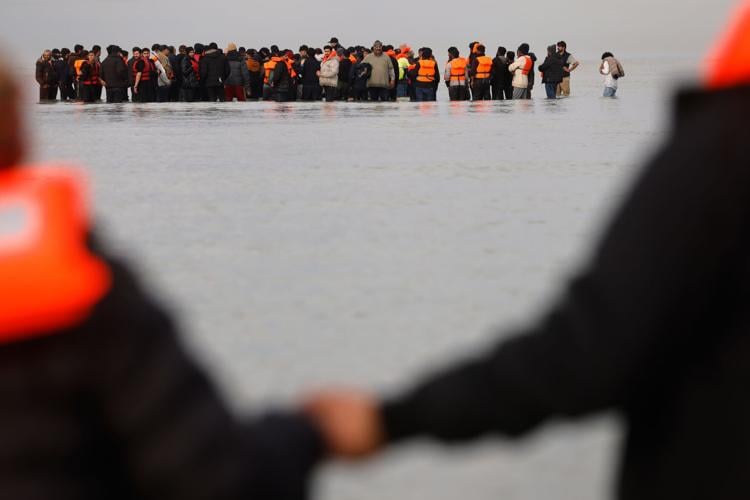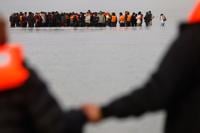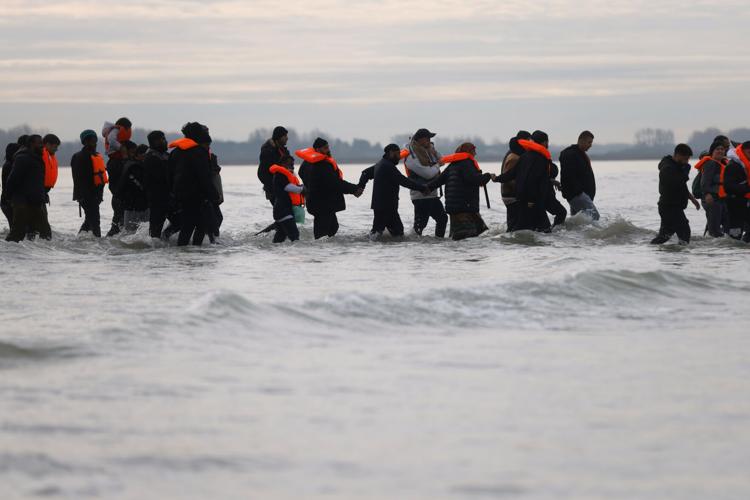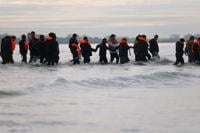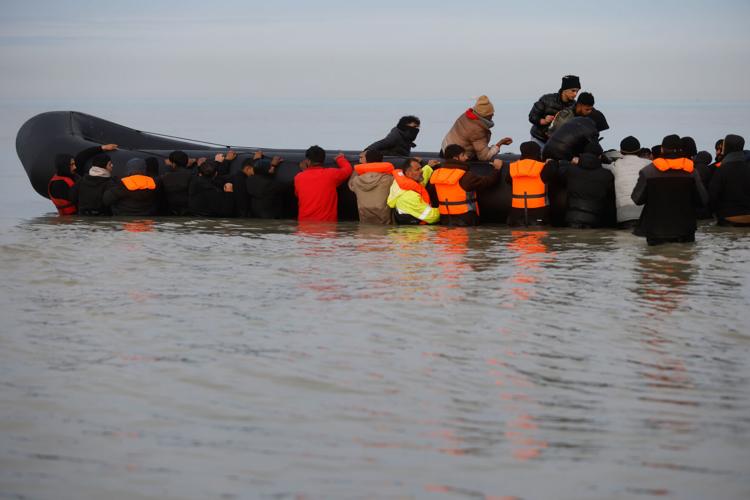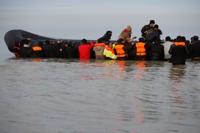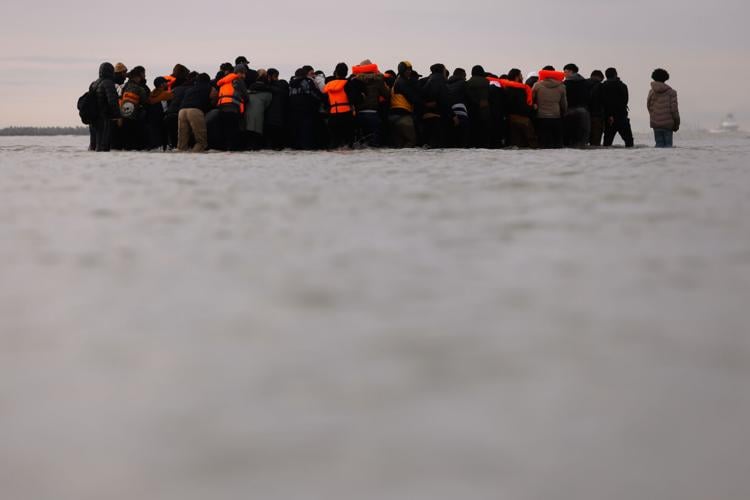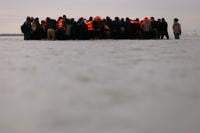LONDON (AP) — The British government plans to tighten its asylum system in a series of sweeping changes modeled after Denmark that aims to reduce immigration and quell the political storm over migrants making dangerous English Channel crossings to enter the country without authorization.
The policy changes to be announced by Home Secretary Shabana Mahmood on Monday in the House of Commons are yet another an attempt to make the U.K. less attractive to those seeking refuge and easier to remove migrants who don't qualify for asylum.
Mahmood said it was a moral mission to control the borders and reunite a divided country on the flashpoint issue that has helped fuel the rise of the hard-right Reform UK Party, though as the daughter of migrants she denied the ruling center-left Labour Party was adopting far-right talking points.
“People can see huge pressure in their communities and they can also see a system that is broken, and where people are able to flout the rules, abuse the system and get away with it,” Mahmood told the BBC.
Successive governments have failed to halt the flow of migrants to British shores through a variety of efforts that included the previous Conservative government’s plan to send arrivals to Rwanda for asylum processing that never took effect. That policy was scrapped last year when Prime Minister Keir Starmer, who leads the Labour Party, was elected last year and vowed to crack down on migrant smuggling gangs.
More than 39,000 migrants have arrived by boat in the U.K. this year, surpassing the almost 37,000 who arrived in 2024, according to the latest Home Office figures. The number, though, is still shy of the nearly 40,000 who had arrived at this point in the year in 2022, which recorded the highest number ever.
Although the numbers arriving by small boat have risen, they represent a fraction of total immigration, with most people entering the U.K. legally, on visas. Net migration — the number of people entering the U.K. minus those who left — topped 900,000 in the year to June 2023, according to official figures. The surge was driven in part by hundreds of thousands of people fleeing war in Ukraine and China’s clampdown in Hong Kong.
Net migration stood at 431,000 in the year to June 2025, according to the Office for National Statistics, down 49.9% from 860,000 a year earlier.
The issue of migration became more politically volatile this summer as protests that occasionally became violent were held outside hotels housing asylum seekers after a migrant was arrested — and later convicted — of sexual assault for trying to kiss a 14-year-old girl.
The new reforms include revoking the U.K.'s legal duty, introduced under EU law in 2005, to provide support for asylum seekers, allowing the government to withdraw housing and weekly allowances that are now guaranteed. Benefits could also be denied to people who have a right to work but don’t and those who break the law, or work illegally.
Refugee status will also be regularly reviewed to see if people can safely be repatriated.
Safe ways will be designated for migrants to claim asylum without having to pack into overcrowded inflatable rafts and risk crossing the choppy channel.
Chris Philp, a Conservative member of Parliament, criticized the policy for “tinkering” at the edges. He said the changes wouldn't have the impact of the scrapped Rwanda policy and said every migrant entering the country without authorization should be deported within a week.
“I don’t object to it in principle, but it’s not going to work," Philp told the BBC. "It’s gimmicks. It’s rearranging the deck chairs on the Titanic. It’s not going to stop people getting on boats.”
The Home Office said the new policy was modeled Denmark's success at reducing its asylum applications to the lowest point in 40 years and removing 95% of those who sought to settle there.
Denmark was once a haven for refugees. But as Europe and the Western world have struggled to deal with mass migration from people fleeing conflict, famine and poverty, it has imposed strict limits on newcomers that has drawn international criticism for discouraging people seeking refuge.

